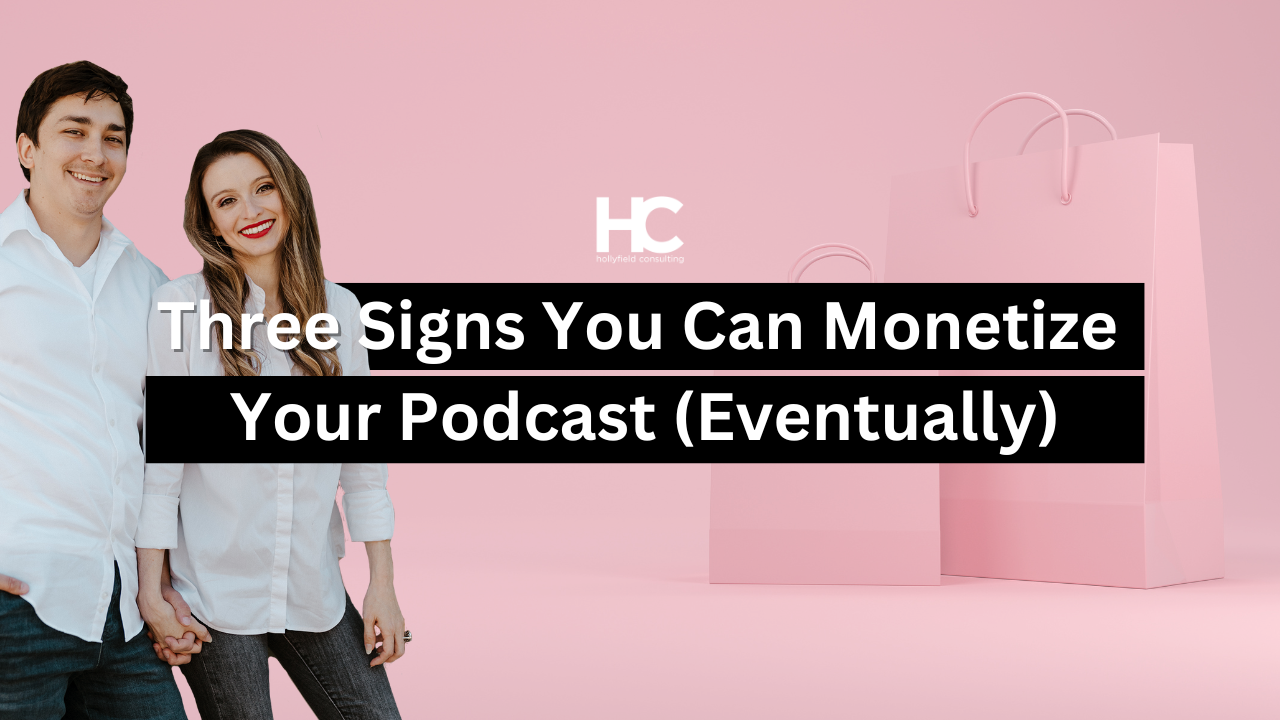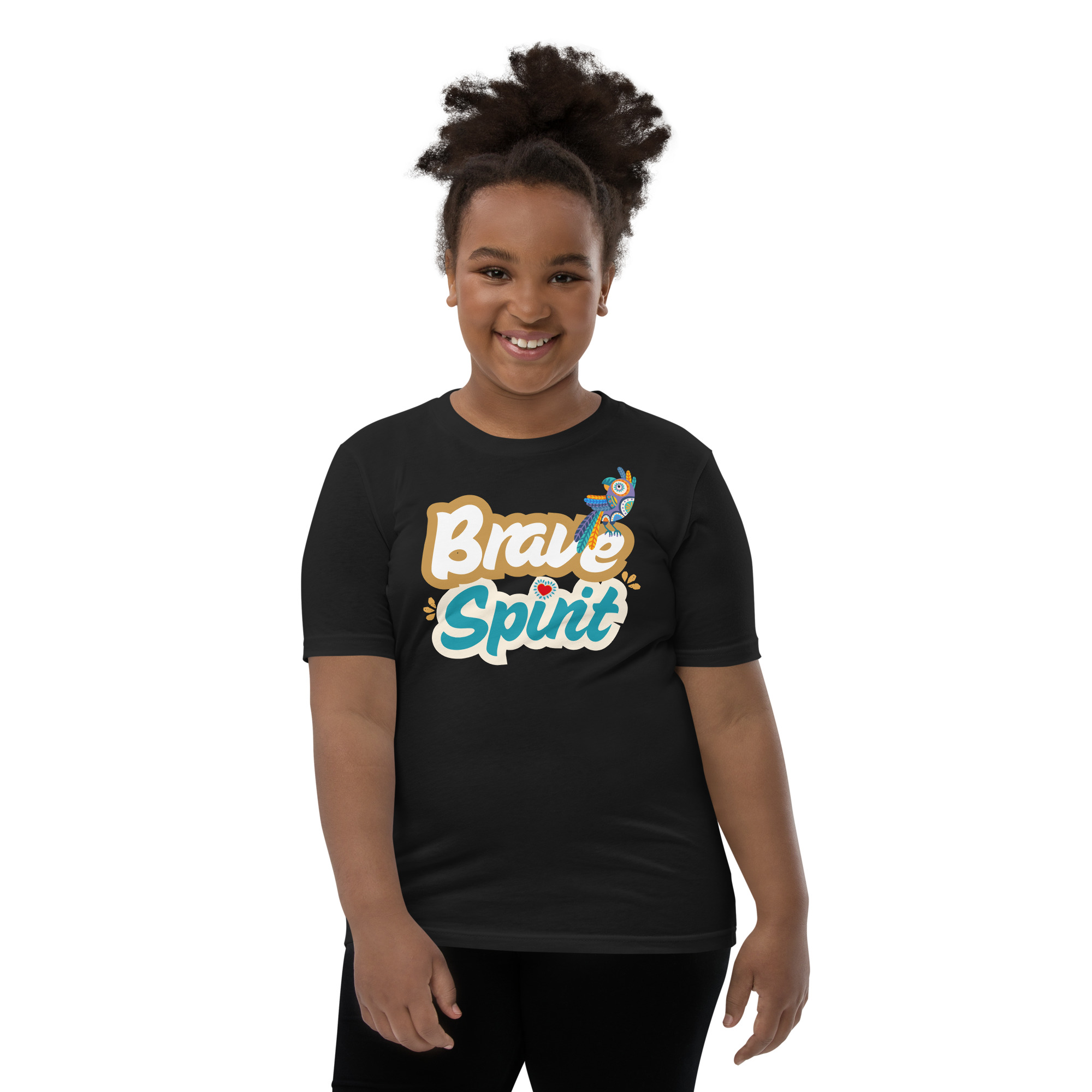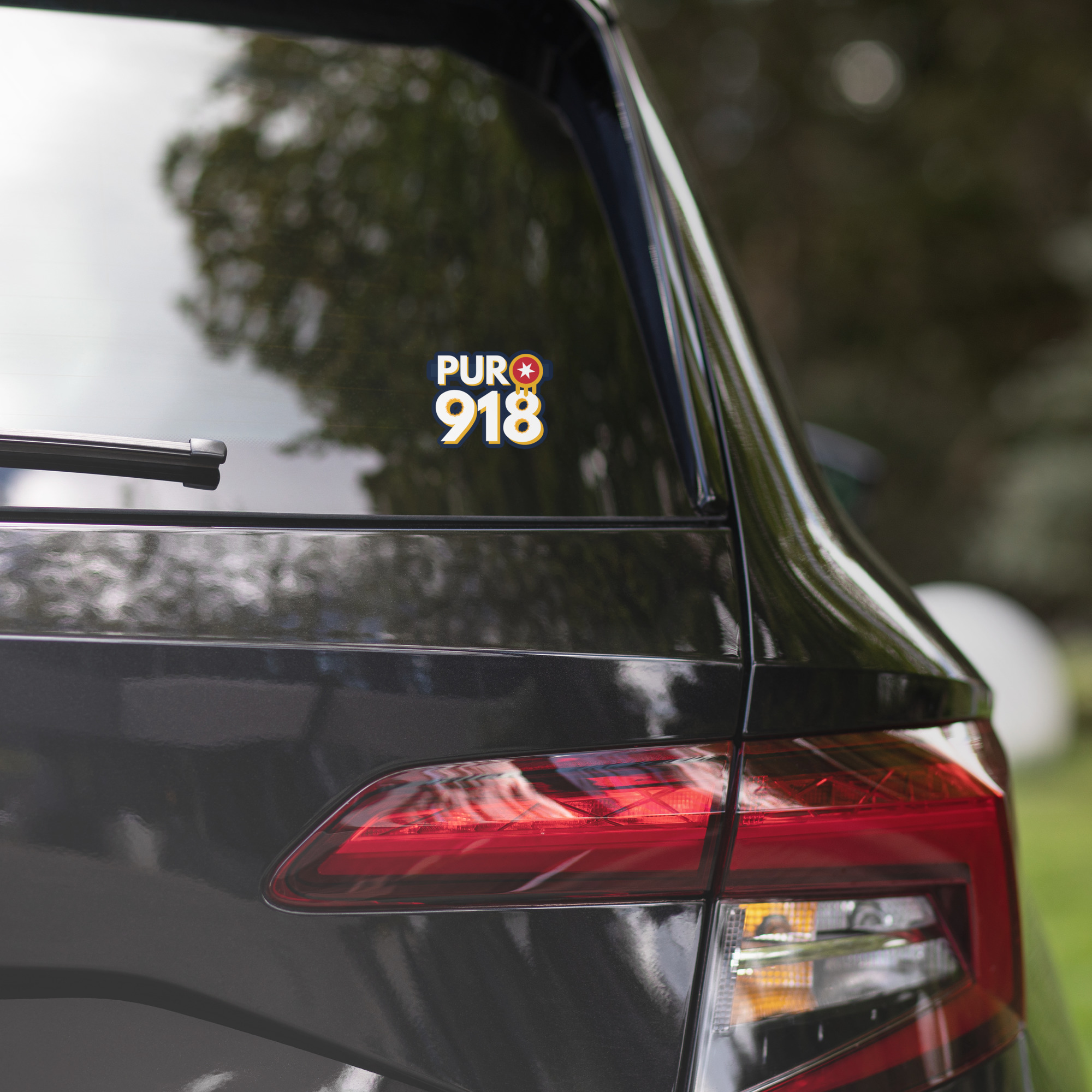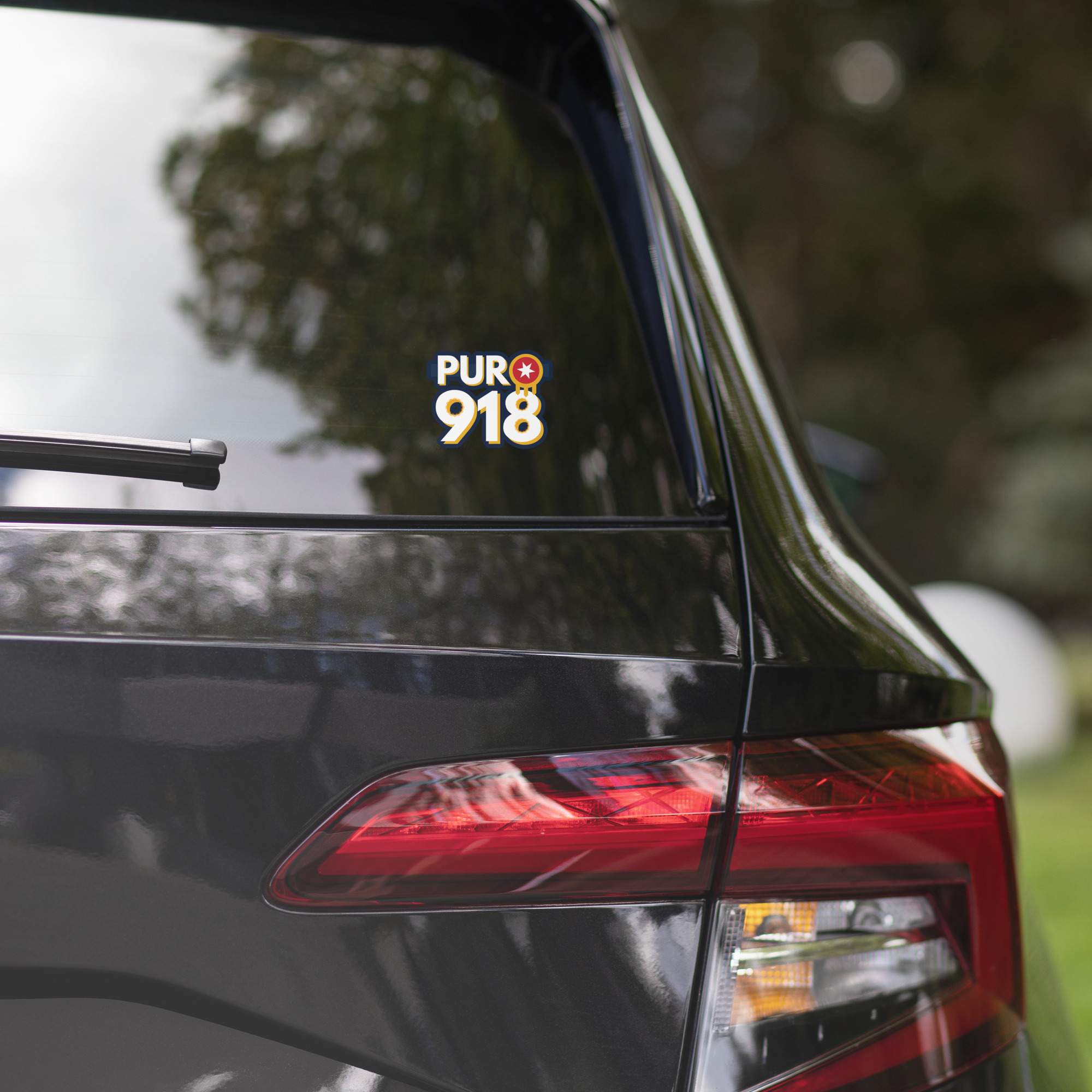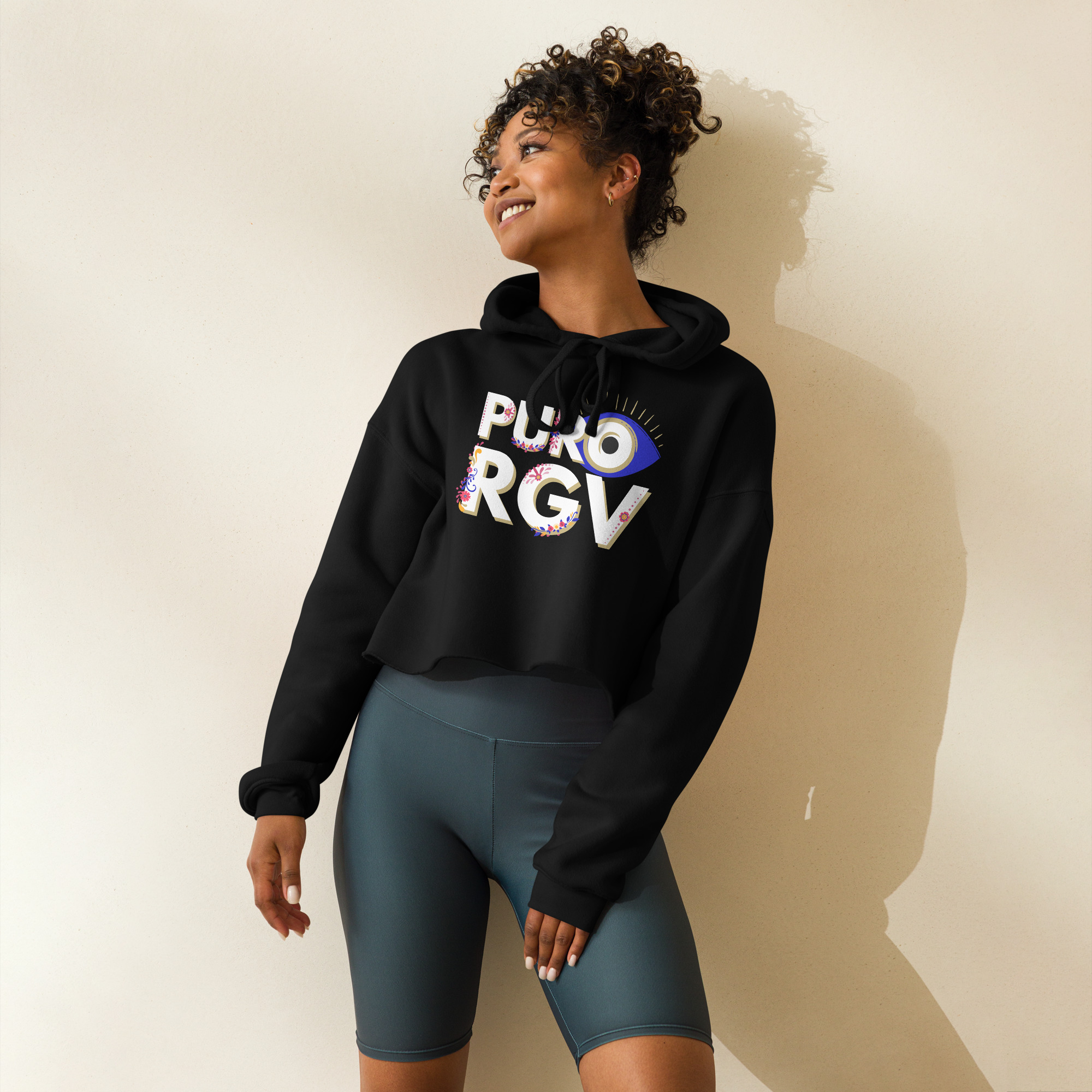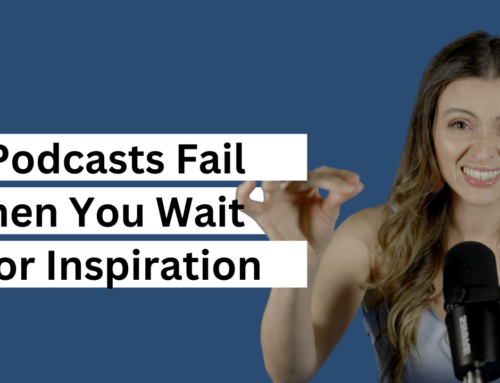It’s difficult to give an exact number, as many factors can impact a podcaster’s ability to monetize their show, such as audience size, engagement, niche, and marketing strategy. However, it’s worth noting that while many podcasts are available, only a small percentage of them generate significant revenue.
According to a 2021 report by Podcast Insights, the top 1% of podcasts generate around 25% of all downloads, and the top 10% of podcasts generate around 75% of all downloads. This indicates that a small number of podcasts dominate the market and are likely to be the most successful in terms of monetization.
Smaller podcasts still have many opportunities to generate revenue through sponsorships, merchandise sales, and other monetization methods. However, podcasters need to build a loyal and engaged audience, produce high-quality content, and develop a strong marketing strategy to maximize their monetization potential.
If you have a podcast and you’re looking to monetize it, here are some signs that may indicate that you’re ready to start making money:
- Consistent listenership + publishing: If you have a loyal and engaged audience that regularly listens to your podcast, it’s a good indication that you have a marketable product.
- Niche content (a clear ideal listener): If your podcast covers a specific topic or niche, it may be easier to attract sponsors or advertisers interested in that particular market.
- High download numbers: The number of downloads you get per episode is an important metric to track, as it can give you a better understanding of your audience size and potential reach.
- Positive reviews and feedback (engagement): Positive reviews and feedback from your listeners can help attract sponsors and advertisers, showing that your podcast has a dedicated and engaged audience.
- Social media following (engagement): If you have a strong social media following, it can effectively promote your podcast and attract potential sponsors or advertisers.
- Clear branding and marketing strategy: If you have a clear branding and marketing strategy in place, it can make it easier to attract sponsors or advertisers and generate revenue from your podcast.
If you have a podcast that consistently produces high-quality content and has a loyal and engaged audience, you may be ready to monetize your podcast.
What does it take to monetize a podcast:
Monetizing a podcast requires a combination of factors, including audience size, engagement, and marketing strategy. Here are some key steps to consider when looking to monetize your podcast:
- Build your audience: To monetize your podcast, you need to have a dedicated and engaged audience. Consistently producing high-quality content, promoting your podcast on social media, and collaborating with other podcasters can all help you build your audience.
- Choose your monetization method: There are several ways to monetize a podcast, including sponsorships, affiliate marketing, merchandise sales, and crowdfunding. Consider which method would work best for your podcast and audience.
- Find sponsors or advertisers: Sponsors and advertisers are typically interested in podcasts with a specific niche or audience. Reach out to companies that align with your podcast’s topic or audience and pitch them on advertising or sponsorship opportunities.
- Create a media kit: A media kit is a document that provides information about your podcast and audience to potential sponsors or advertisers. It should include your podcast’s stats, audience demographics, and advertising rates.
- Build relationships with your audience: Building a relationship with your audience can help you increase engagement and loyalty, which can lead to increased revenue opportunities. Engage with your listeners on social media, respond to their feedback and questions, and create exclusive content for your most dedicated fans.
- Track your metrics: To effectively monetize your podcast, you need to track key metrics such as downloads, listens, and engagement rates. Use this data to identify areas for improvement and optimize your monetization strategy.
Monetizing a podcast takes time and effort, but with dedication and persistence, you can turn your podcast into a sustainable revenue stream.
There are several common paths to monetize a podcast, including:
- Sponsorships: Sponsorships are a common way for podcasters to monetize their show. This involves partnering with a company or brand that aligns with your podcast’s audience and featuring their products or services in your episodes. Sponsors typically pay a fee for this promotion, either as a flat rate or based on the number of impressions or clicks generated.
- Affiliate marketing: Affiliate marketing involves promoting a product or service and earning a commission on sales through your unique affiliate link. This can be an effective way to monetize your podcast if you have a dedicated and engaged audience that trusts your recommendations.
- Merchandise sales: Selling merchandise, such as t-shirts, mugs, or stickers, can be a great way to generate revenue while also promoting your podcast. This works best if you have a loyal and engaged audience that is interested in supporting your show.
- Crowdfunding: Crowdfunding platforms, such as Patreon or Kickstarter, can solicit donations from your listeners in exchange for exclusive content, early access to episodes, or other rewards. This can be an effective way to monetize your podcast if you have a dedicated and supportive audience.
- Premium content: Some podcasters offer premium content, such as bonus episodes or ad-free versions of their show, in exchange for a subscription fee. This can be a good option if you have a large and dedicated audience willing to pay for exclusive content.
The most effective monetization method will depend on your podcast’s niche, audience, and marketing strategy. Experimenting with different approaches and tracking metrics is essential to identify what works best for your show.
